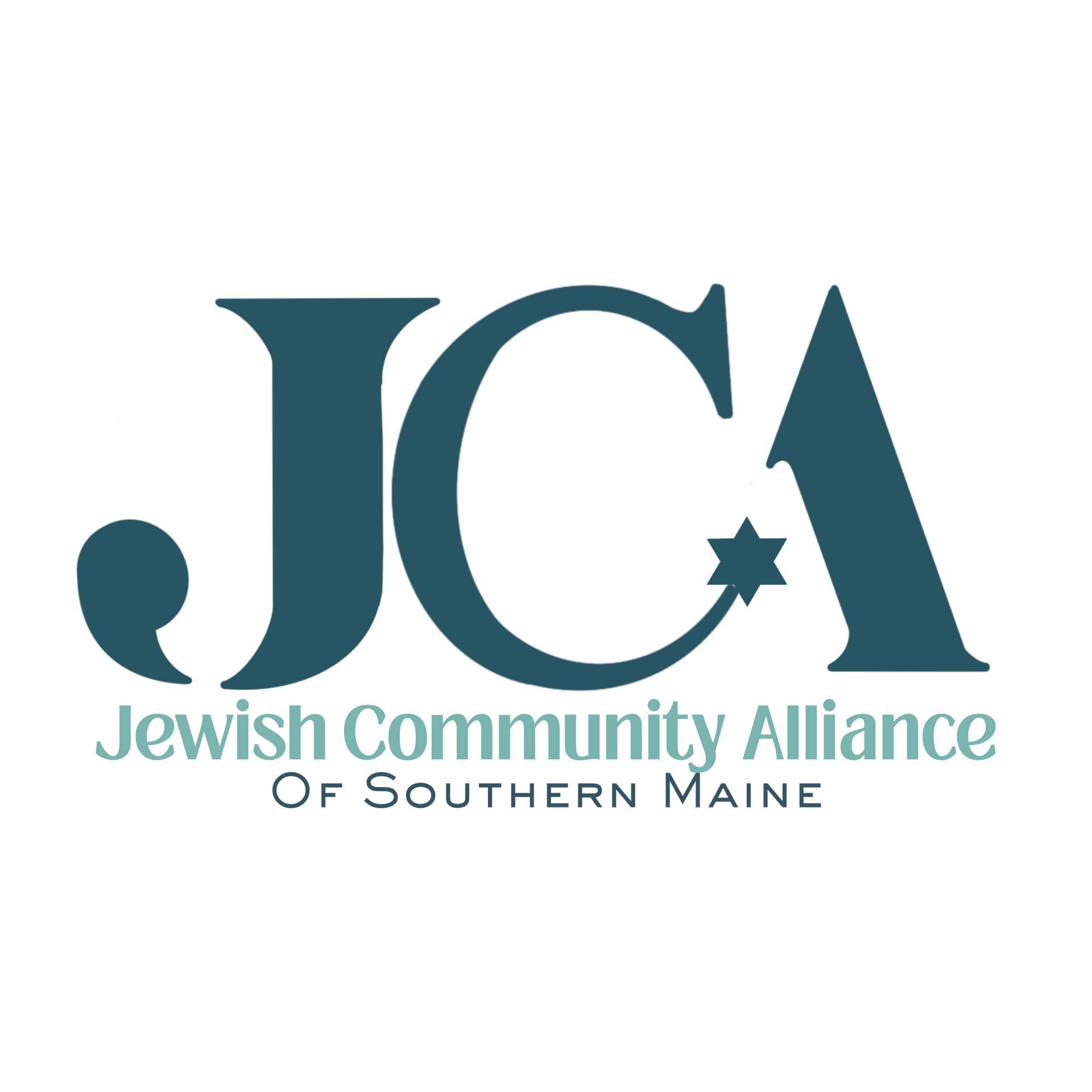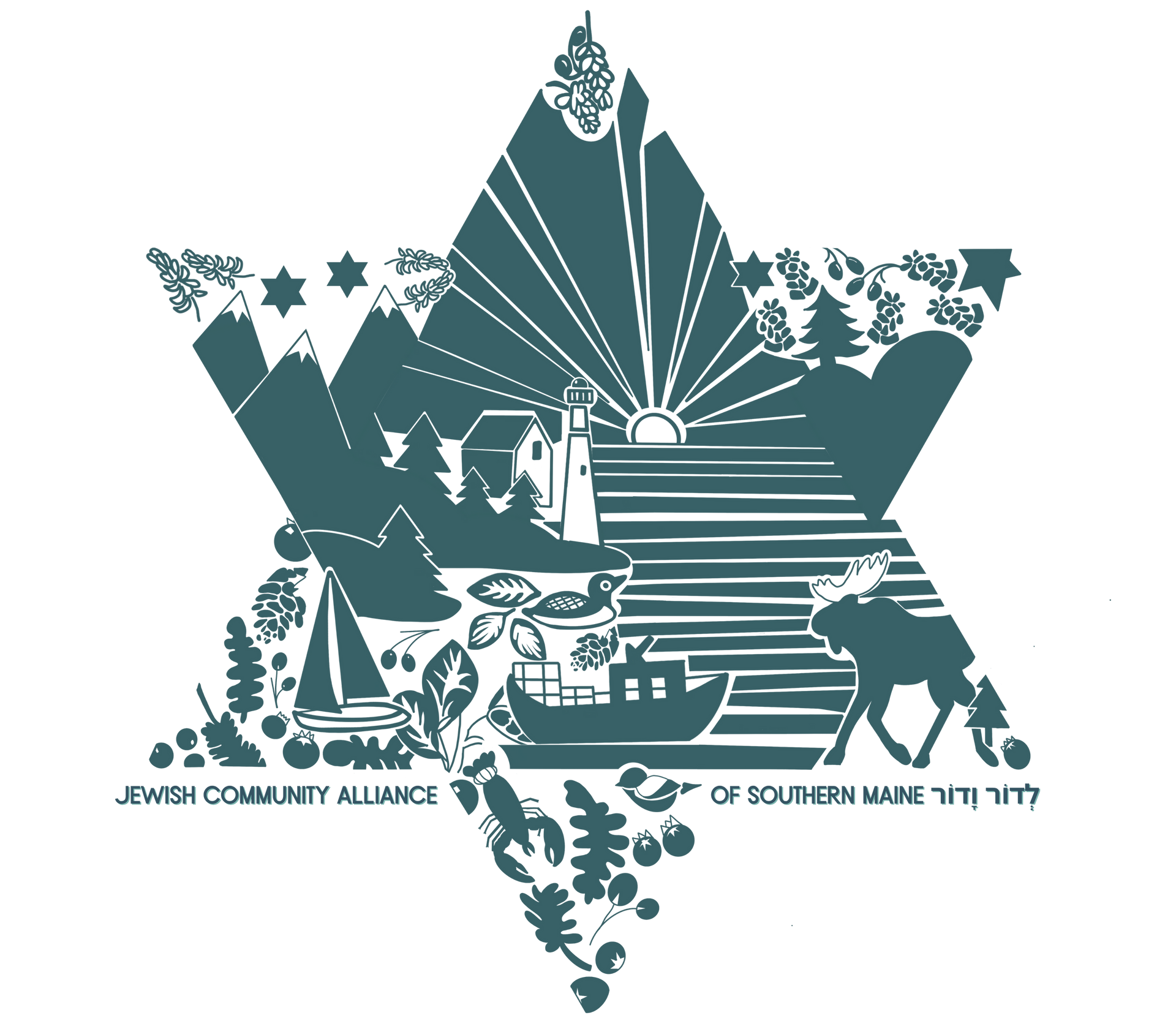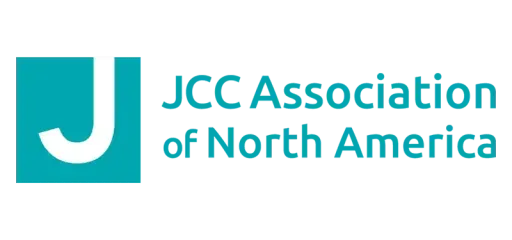What's New in Jewish News This Week
Important Note: The following articles do not represent an official position of the JCA, and are deliberately intended to mirror the wide range of diverse perspectives within Southern Maine’s Jewish community. Our goal is to deliver interesting news, reliable sources, and important perspectives on major Jewish issues.
In IDF-controlled Rafah, an armed clan’s school plants seeds of a Hamas-free future (The Times of Israel) - The Palestinian Abu Shabab gang claims to have carved out an area where it is providing electricity, medical care and education for thousands of displaced Gazans under IDF protection. The school eschews Palestinian Authority textbooks previously prevalent in Gaza, with teachers apparently recruited from among displaced Palestinians living in a part of Gaza controlled by the Israel Defense Forces and appears to educate pupils along progressive ideas of pluralism and tolerance. “We want to create a generation of learners, not terrorists,” said Mohammed, a senior member of Abu Shabab’s forces, in a phone interview with The Times of Israel. Both initiatives appear to address longstanding Israeli concerns regarding Palestinian education, which critics say includes content that incites against Israelis and Jews, perpetuating narratives that fuel distrust and conflict rather than coexistence.
After decades of conflict, Armenia-Azerbaijan peace plan gives Caucasus Jews new hope (Jewish Telegraphic Agency) - Two former Soviet republics that have been sworn enemies ever since the breakup of the USSR are suddenly on the verge of making peace. Since even before their independence in 1991, predominantly Christian, landlocked Armenia and mostly Muslim, oil-rich Azerbaijan have fought many wars over the disputed Nagorno-Karabakh region and accused each other of human rights abuses, ethnic cleansing — even genocide.
But now, their leaders say they have decided to bury the hatchet — and Jews in both countries could benefit.
Israel opens new embassy in Zambia, once home to a historic Jewish community (Jewish Telegraphic Agency) - Israel has opened an embassy in Zambia, more than half a century after it was shuttered following the Yom Kippur war and as the African nation’s Jewish population has dwindled to near zero. Israeli Foreign Minister Gideon Sa’ar and Zambian Foreign Minister Mulambo Haimbe opened the embassy together on Wednesday. “It’s an honor to be in Lusaka for the opening of Israel’s embassy,” Sa’ar tweeted, adding that the two countries were “enhancing our partnership in agriculture, health and much more.”
80 Modern Orthodox rabbis call for ‘moral clarity’ in the face of Gaza humanitarian crisis (The Times of Israel) - Dozens of Orthodox rabbis have issued “A Call for Moral Clarity, Responsibility, and a Jewish Orthodox Response in the Face of the Gaza Humanitarian Crisis,” in an addition to a recent cascade of open letters from Jewish voices responding to a hunger crisis in the Palestinian enclave nearly two years into the Israel-Hamas war.
Unlike some of the other letters, the new letter stresses condemnation of Hamas and does not call for Israel to end the war in Gaza. Instead, the rabbis write, “Hamas’s sins and crimes do not relieve the government of Israel of its obligations to make whatever efforts are necessary to prevent mass starvation." The Orthodox rabbis also lament the ascendance of extremist voices in Israel, the hardening of sentiments about Palestinians, and the explosion of settler violence in the West Bank — which they refer to using the Hebrew name for the region that conveys a historic Jewish connection to the land. “Hamas’s sins and crimes do not relieve the government of Israel of its obligations to make whatever efforts are necessary to prevent mass starvation,” the rabbis write.
Israel Claims UN’s Gaza Famine Declaration Based on ‘Biased and False’ Hamas Report (The Media Line) - Israel has rejected a global classification of famine in northern Gaza, accusing the international monitoring body behind the assessment of using flawed data sourced in part from Hamas-affiliated individuals and organizations. The Integrated Food Security Phase Classification system (IPC), a widely used global hunger monitor, declared on Thursday that famine is occurring in the Gaza governorate, which includes Gaza City, and warned that conditions are deteriorating rapidly across the territory. The declaration prompted a sharp rebuke from the Coordinator for Government Activities in the Territories (COGAT), a unit of Israel’s Defense Ministry that oversees humanitarian efforts in Gaza. In a counter-report, COGAT said the IPC’s findings were “biased and false” and accused the organization of relying on “severe methodological flaws.”
Massachusetts Man Who Threatened to Kill Members of Jewish Community and Bomb Synagogues Sentenced to Prison (Reuters) - A Massachusetts man was sentenced on August 14 to more than two years in prison after he threatened to bomb synagogues and kill Jewish children in a series of calls he placed to two local houses of worship and the Israeli consulate in Boston after Israel and Hamas went to war in 2023. John Reardon, 60, was sentenced by U.S. District Judge Julia Kobick in Boston to 26 months in custody after pleading guilty in November to charges related to what prosecutors said were dozens of violent and antisemitic calls and voicemails he placed to Jewish institutions beginning on October 7, 2023.







